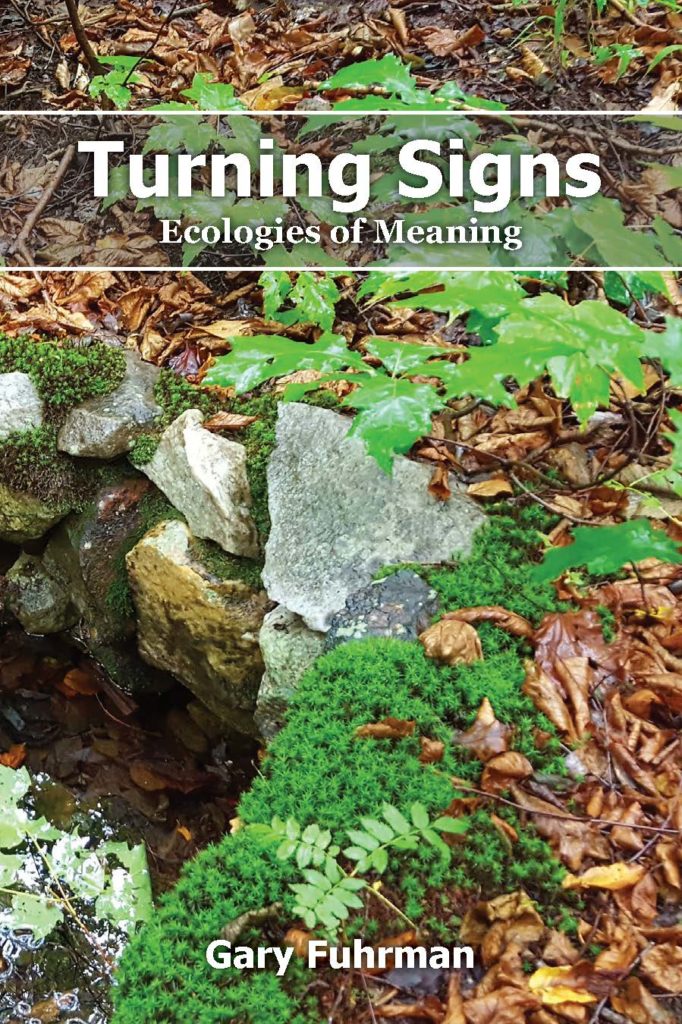21 years ago my wife Pam and i settled on M’nidoo M’nissing, better known to settlers as Manitoulin Island. The Anishinaabe word manitou is often rendered in English as “spirit.” But what does that mean? Anishinaabe scholar Dolleen Tisawii’ashii Manning relates what she learned about mnidoo from her mother:
The big and little spirits correspond more or less to the Big and Little Currents in Turning Signs (Chapter 9). The mnidoo which is ‘something that is happening and is about to happen at the same time’ also corresponds to Dogen’s being-time, and with the Buddhist Heart Sutra:This concept mnidoo derives from the word Gizhemnidoo, from my mothers’ dialect …. She translated Gizhemnidoo in several ways; primary among these was Great Spirit (the most common translation in our area). Gizhe (great) is similar to chi (big). We can separate gizhe from mnidoo, which she called spirit, potency, potential— dynamic energy. She said that the word spirit is the anglicized interpretation, but mnidoo is something that is happening, and is about to happen at the same time. Gizhemnidoo is the Great Mystery/Spirit, mind boggling, because it is beyond human comprehension. But virtually everything is mnidoo, little spirits. Everything has a little spirit that is propelled by, and exists, due to this energy.
Mnidoo-Worlding: Merleau-Ponty and Anishinaabe Philosophical Translations, p. 3
the Heart Sutra mantra — Gaté, gaté, paragaté, parasamgaté, Bodhi! Svaha! — can be interpreted as “Arriving, arriving, arriving all the way, arriving all the way together: awakening. Joy!” This is a marvelous reminder for our meditation practice that each moment of our practice is, as Dogen suggests, not separate from awakening or enlightenment. Each moment of our practice and of our life is blessed.
Tanahashi 2014, 44-45
The languages are many, but as far as we call tell, the meaning is one. Now is the time we need to hear it, especially from the First Peoples of the Earth.
